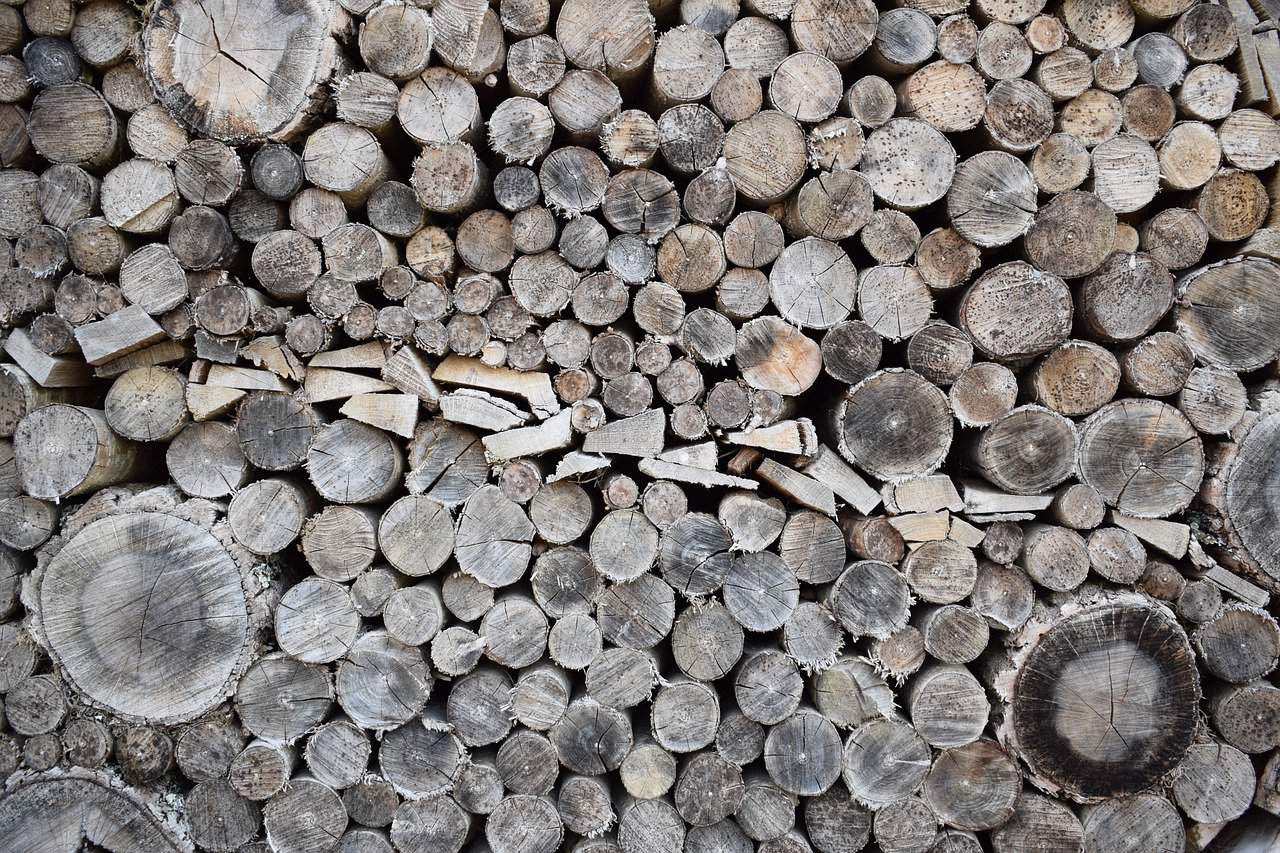Costa Rica is advancing with the creation of a National Forest Traceability System, a key tool to guarantee the legality and sustainability of timber use. At a meeting held at the Tecnológico de Costa Rica, Santa Clara campus in San Carlos, the public and private sectors came together for the first time to plan this initiative.
This process is led by the Ministry of Environment and Energy through the Vice Ministries of Environment and Strategic Management of Costa Rica, with technical support from the FAO. It is part of a national strategy to strengthen forest legality, reduce the risk of illegal timber trade, and enhance the competitiveness of the Costa Rican forestry sector in demanding markets such as Europe (EUDR) and the United States (Lacey Act).
“Costa Rica has made significant progress in forest legality, but the next step is to integrate technology and innovation into the process to ensure traceability from the farm to the primary wood product. This is not just about control, it’s about ensuring transparency, accountability, and competitiveness in the timber trade,” commented Franz Tattenbach, Minister of Environment and Energy.
Cynthia Salas, director of TEC’s School of Forestry Engineering, noted that, in a global context where the demand for certified and legally sourced timber is growing rapidly, forest traceability is emerging as a key tool for promoting responsible trade.
“Costa Rica, recognized for its commitment to environmental sustainability and its strong forestry legal framework, now faces the challenge of strengthening its traceability systems, from the tree on the farm to the log or board that reaches the sawmill or international market,” she said.
This step involves incorporating technological tools that enable continuous tracking of timber throughout the production chain, ensuring that its origin is verifiable and that legal, sustainable, and responsible practices are followed at every stage.
“A national traceability system not only builds confidence in our forest products but also equips responsible producers with the tools to demonstrate that their timber comes from farms that meet all legal and environmental standards,” said Natalia Chacón Cid, Executive Director of the Chamber of Forestry, Timber, and Industry.
One of the main challenges is to communicate and demonstrate to consumers, both national and international, that Costa Rican timber comes from farms that harvest in strict compliance with environmental regulations, using planned harvests carried out under technical and legal criteria. This contributes to the sustainable management of the country’s forests.
Traceability will serve as a guarantee for buyers and as a support tool for forest producers who operate ethically. With a robust national traceability system, responsible producers will gain reputation, access to new markets, and added value for their timber.
Traceability is not just a control mechanism; it is a strategic tool to add value to Costa Rican Forest products, ensure their legality, strengthen productive forest conservation, and position the country as a regional model of sustainable and transparent forest management.
In doing so, Costa Rica reaffirms its environmental leadership in the region, adapting its control and monitoring systems to the new realities of the global market and the sustainability requirements of the 21st century.






